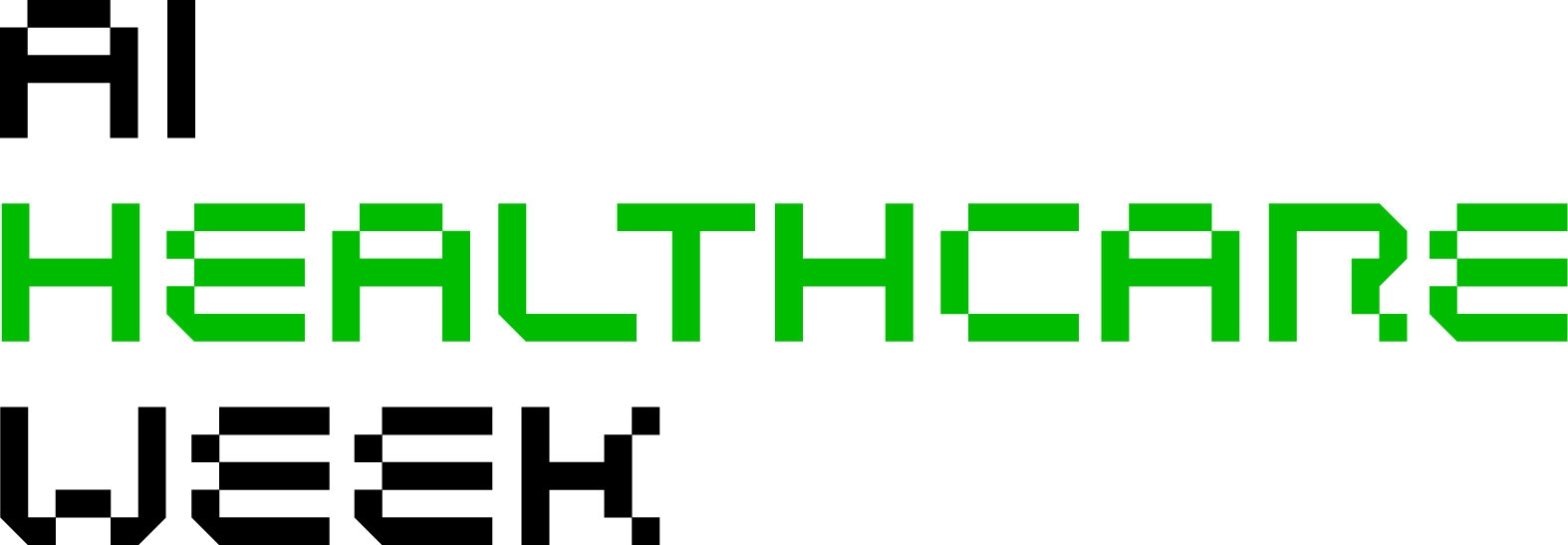In the evolving landscape of AI-powered healthcare, domain-specific models are revolutionizing clinical decision-making, diagnostics, and patient care. While general-purpose transformers like GPT-4 excel at natural language understanding, they lack the precision required for medical applications. Enter domain-specific AI—transformers fine-tuned on medical literature, clinical notes, and electronic health records (EHRs) to deliver unparalleled accuracy in healthcare analytics.
Why Generic AI Falls Short in Healthcare
General AI models are trained on diverse datasets spanning multiple industries. While this breadth enhances their versatility, it limits their depth in specialized fields like medicine. In clinical settings, precision, reliability, and regulatory compliance are paramount. A generic model may misinterpret medical jargon, overlook subtle diagnostic indicators, or generate misleading insights.
The Rise of Domain-Specific Transformers in Healthcare
Fine-tuning AI for clinical applications involves adapting large language models (LLMs) to domain-specific corpora. These custom models undergo rigorous training on datasets such as:
EHRs & Clinical Notes – Ensuring accurate interpretation of physician documentation.
Medical Literature – Enabling research synthesis from journals, trials, and guidelines.
Pharmaceutical Databases – Supporting drug interaction analysis and adverse event detection.
Key Applications of Healthcare AI Models
🔹 Clinical Decision Support (CDS): AI-enhanced models assist clinicians by synthesizing patient history, lab results, and imaging reports to provide diagnostic and treatment recommendations.
🔹 Automated Medical Coding & Billing: NLP-driven AI improves the accuracy of ICD-10 coding, reducing claim denials and optimizing revenue cycle management.
🔹 Radiology & Imaging Interpretation: Transformers fine-tuned on imaging datasets enhance diagnostic accuracy in radiology, detecting pathologies in X-rays, MRIs, and CT scans.
🔹 Pharmacovigilance & Drug Discovery: AI models accelerate drug development by analyzing molecular interactions, clinical trials, and real-world patient data.
Challenges in Implementing Domain-Specific AI in Healthcare
Data Privacy & Compliance: Healthcare AI must align with HIPAA, GDPR, and other regulatory frameworks to protect patient confidentiality.
Bias & Interpretability: Ensuring that AI models provide equitable, bias-free recommendations remains a critical challenge.
Integration with Existing Systems: Deploying AI in hospital infrastructures requires seamless interoperability with EHR platforms and legacy systems.
The Future of AI in Healthcare: Industry 4.0 & Beyond
As AI-driven healthcare transitions toward Industry 4.0, domain-specific transformers will drive precision medicine, predictive analytics, and personalized treatment plans. By tailoring transformers to clinical applications, the industry can unlock the full potential of AI while maintaining patient safety and ethical integrity.


